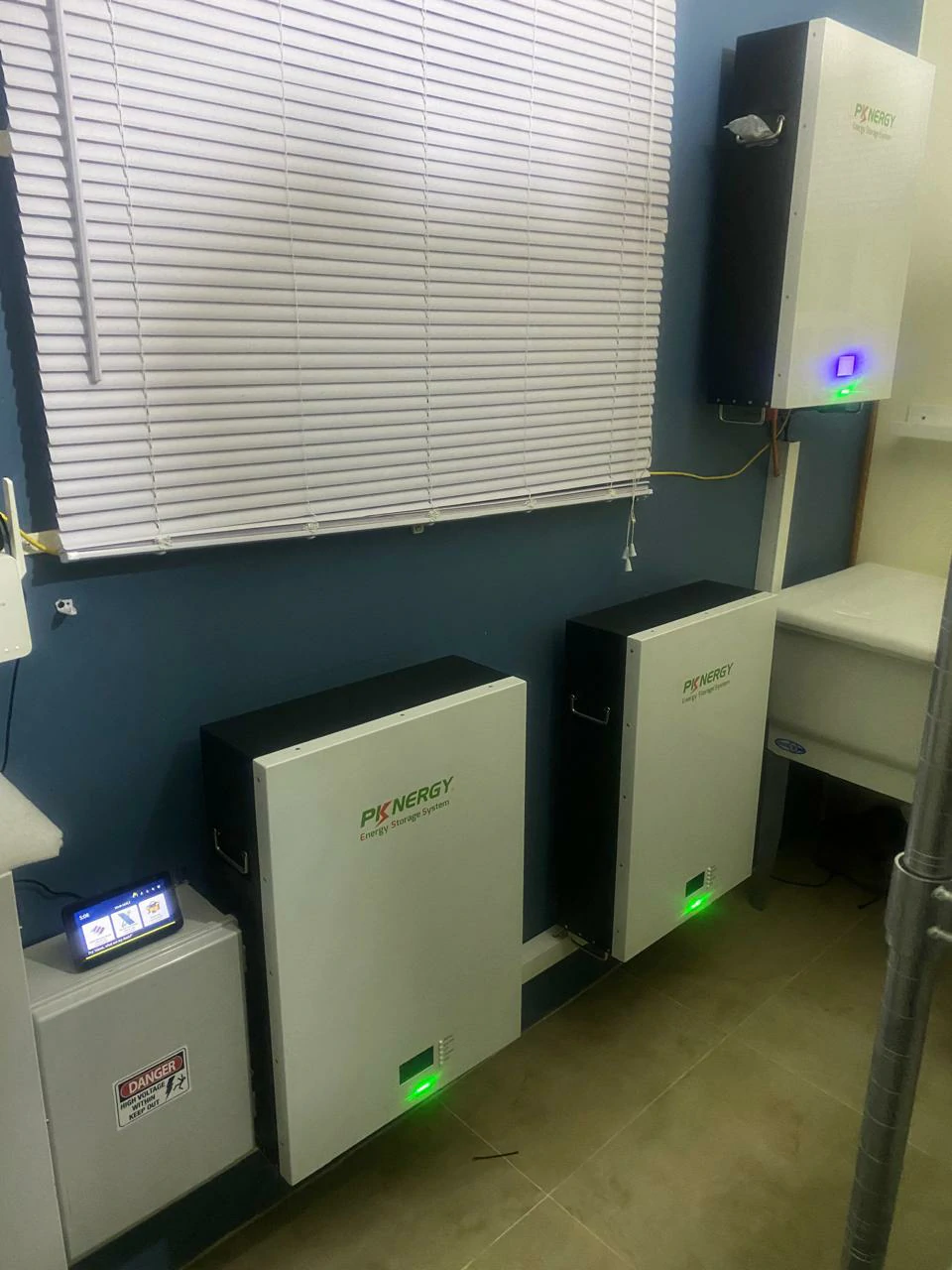Can I have battery backup without solar?
Solar systems allow many families to work with the sun, lower their electricity bills and solve the problem of grid fluctuations. But solar systems are not suitable for every home. When the house does not have enough space or is not made of strong materials, there is no way to deploy solar panels.
If you still want to stay away from the risk of power outages during extreme weather, maybe you should consider whole house battery backup without solar. This means still using home energy storage batteries to store energy in addition to solar energy and release it where appropriate.
Is it worth installing energy storage batteries without solar power?
Energy storage batteries are like a super-sized power bank that can store electricity when the grid is powered normally and provide power support during power outages. This not only improves the energy independence of the family but also allows charging during periods of low electricity costs (such as at night) and using it during peak hours (such as during the day), thereby reducing electricity bills.
What parts are needed to power the whole house without solar?
1. Inverter
Even without solar, the inverter is still an indispensable component in the energy storage system. The main function of the inverter is to convert the direct current (DC) in the battery into alternating current (AC) that can be used by household appliances. This is because most household appliances and equipment are designed to use AC power, and the power stored in the battery is usually DC power. Energy storage battery: core component, storing electricity.
2. Energy storage battery
The energy storage battery is a key component to provide power for the whole house, Key Differences Between Solar and Solar with Battery Storage. It can obtain and store energy from the grid, generator or other power sources to ensure reliable power support when needed (such as power outages or peak power consumption). The capacity and performance of the energy storage battery determine the continuous power supply capability and overall efficiency of the system.
How to charge batteries without solar?
Grid charging
The most direct way is to charge the home energy storage battery from the grid. During off-peak hours, when electricity is cheaper, the battery can be charged from the grid to ensure that the battery is fully charged and ready to use.
Charging from the grid does not consume a lot of electricity. The better the combination of inverter and battery, the less loss, usually less than 2%.
Generator charging
In the event of power outages or grid instability, portable or fixed generators can be used to charge the battery. It is also suitable for saving energy in the battery when the fuel of your previous backup generator is about to expire.
Wind power charging
If the geographical location and environmental conditions are suitable, a small wind turbine can be installed to convert wind energy into electricity to charge the battery.
Hydropower charging
For homes near water sources, small hydroelectric power generation equipment can be installed to convert water energy into electricity to charge the battery.
Is battery backup better than generator?
Ah, the age-old debate! While generators have their charm (and that oh-so-familiar roar), battery backups bring a host of benefits that make them a formidable contender. For starters, batteries are silent heroes; they operate without the noise, fumes, and fuss of a generator. Plus, they require minimal maintenance and can be installed indoors, making them a convenient choice for any home.
Moreover, batteries provide instant power without the delay of starting up a generator. And let’s not forget the environmental brownie points – batteries are far greener, reducing your carbon footprint compared to traditional generators. So, while generators have their place, battery backups often come out on top as the modern, efficient, and eco-friendly choice for home power security.
How long can a whole-house battery backup last?
Generally, it is 4 to 8 hours. Most of the energy storage batteries on the market for whole-house power supply are above 5kw, which is usually enough to maintain the necessary household appliances (refrigerators, lights) for 8 hours.
The duration of the whole-house battery backup power depends on several factors, including battery capacity, house power consumption and specific usage. The following is a detailed classification of factors that affect the duration of battery backup power, and how to estimate the duration of battery backup power for your home. If a larger energy storage battery is used, such as a 15kwh battery, it can maintain the household’s usage needs for one to two days.
Conclusion
In the absence of solar power, the whole-house energy storage battery can still provide reliable power for the entire house. Through the cooperation of components such as inverters, battery management systems, chargers, power distribution panels, backup power switches and monitoring systems, the energy storage battery system can achieve efficient, safe and intelligent power management, providing a stable and environmentally friendly power solution for the family.




